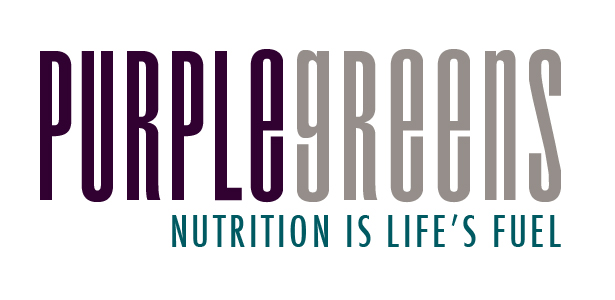We all know that too much sugar is bad for our waistline and teeth, but many of us are unaware that sugar can affect our brain function, leading to brain fog and forgetfulness.
The super-size of everything from drinks to snacks are loaded with refined sugar causing an effect on our brains, especially our hippocampus. The hippocampuses (we have two hippocampuses) in our brain are responsible for cognitive functioning including both short and long term memory. A current review by Beiharz et al., illustrated that excess calories, refined sugar (not natural sugar from fruits and nuts) and saturated fats can impair cognition and changes can start to occur rapidly, in as little as 1 week.
It is true that the brain’s main fuel source is sugar (glucose), but too much sugar and especially the wrong kind of sugar can make things go awry. Excess sugars from processed carbohydrates, crackers, cakes, cookies and refined sugars in pop, cereals, and even sport drinks causes the same problems it does throughout the rest of our bodies---increases inflammation and makes our cells insulin insensitive.
In simple terms the role of insulin is to transport glucose into our cells and once in the cells, glucose helps to produce energy. If our brain becomes insensitive to insulin, meaning that insulin does not hear the signal that glucose is present, insulin fails to transport glucose into cells. This leads to too much glucose and insulin floating around depriving the cells of the glucose they need to produce energy. And if the brain doesn’t have enough energy to function...guess what...you don’t think nor remember very well. Inflammation that is also caused by increased insulin and sugar plays a key role in impacting the brain to function, but the ‘inflammation’ topic will be saved for another day.
Although all refined sugars all dangerous to our cognitive health, high fructose corn syrup is by far the most harmful. So what can you do to preserve the health of your brain? The good news is that it can be accomplished by reducing your intake of refined sugars and saturated fats. Simple? Not for most of us especially because of sugar’s addictive properties and not to mention that refined sugar is lurking in so many of the foods we eat.
To learn more about the impacts of sugar (and fats) on your brain and to find out painless strategies to reduce your sugar load, give us a shout.
References
Beilharz, J. E., Maniam, J., & Morris, M. J. (2015). Diet-induced cognitive deficits: the role of fat and sugar, potential mechanisms and nutritional interventions. Nutrients, 7(8), 6719-6738.
Wu, H. W., Ren, L. F., Zhou, X., & Han, D. W. (2015). A high-fructose diet induces hippocampal insulin resistance and exacerbates memory deficits in male Sprague-Dawley rats. Nutritional neuroscience, 18(7), 323-328.

